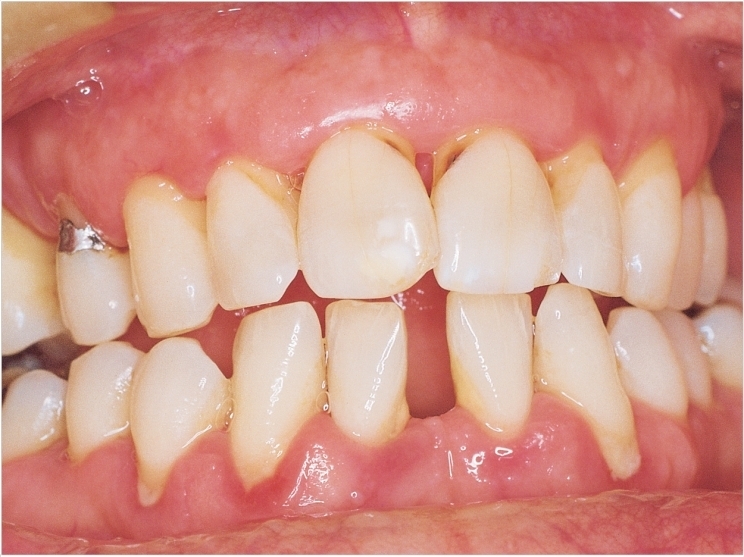
Periodontal disease is the leading cause of tooth loss among adults, according to the National Institutes of Health (NIH). Using an NIH grant, researchers at the University of Illinois at Chicago College of Dentistry are investigating the role that viral microRNAs play in regulating macrophage plasticity, with an eye on prevention.
“The oral cavity is a niche to diverse microbes, including viruses,” said principal investigator Afsar Naqvi, PhD. “Herpes viruses are predominant as latent infections among the human population and can reactivate under certain conditions like stress, ultraviolet light, and hormonal changes. Small regulatory RNAs encoded by herpes viruses—vmiRs—are important in viral persistence, and our lab has previously shown that their levels change during inflammation.
The focus of the study is to investigate “how vmiRs functionally modulate key immune cells that reside in oral mucosa, namely macrophages and their ability to elicit specific immune responses,” said Naqvi. “Further, the impact of exosomes—cell-secreted nanovesicles—from vmiR-expressing macrophages will be assessed on the key functions of neighboring oral keratinocytes.”
The researchers are interested in how vmiRs alter immune responses triggered by oral keratinocytes upon challenges with periodontal pathogen-derived immunogenic components.
“We expect that vmiRs modulate macrophage immune responses and disturb intercellular communication mediated by secreted cytokines to favor viral tropism, survival, and spread,” said Naqvi. “The aspects have not been investigated earlier and will likely provide novel insights on the role of vmiRs in the pathogenesis of oral diseases.
Additionally, the research will examine how vmiRs alter immune responses triggered by periodontal pathogens including Porphyromonas gingivalis and Aggregatibacter actinomycetemcomitans.
“Our long-term plan is also to use vmiRs as potential diagnostic/prognostic markers in oral diseases,” said Naqvi. “The knowledge gained from these research avenues will be utilized to develop therapeutic targets, which will be of value to medicine and dentistry.”
The researchers first report on their work, “Viral MicroRNAs Identified in Human Dental Pulp,” was published in the Journal of Endodontics.
Related Articles
Therapy Regenerates Bone Without Adding Cells
Different Microbiomes May Cause Gingivitis and Periodontitis
Protein Inhibitor Reduces Chronic Periodontitis











